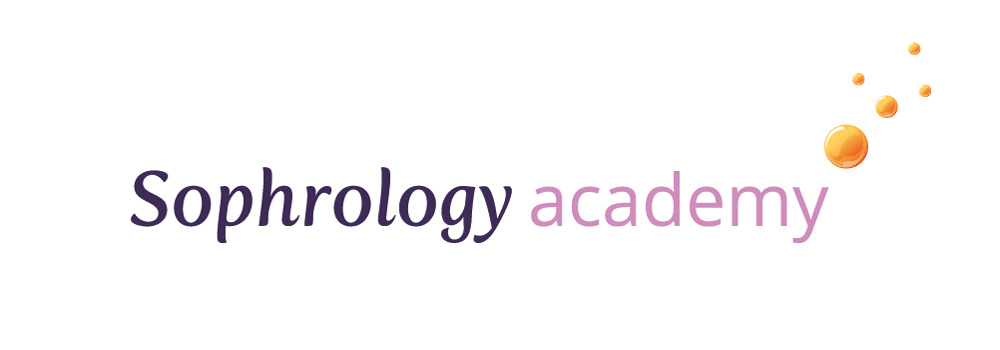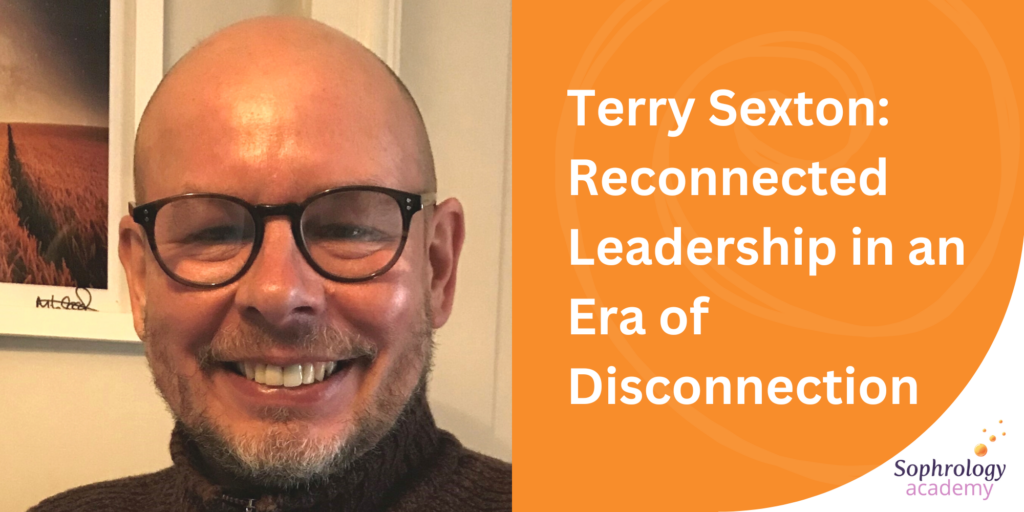We humans are such a vibrant, spirited, and inquisitive species. And yet, so much of our potential is getting lost in an environment that does not allow us to truly flourish. We have almost become used to living as thinking, feeling organisms in a society that has adopted a ‘machine-like’ structure; instead of ‘being’, we ‘function’, boxed and labeled to ‘fit in’ to the mechanisms that drive society.
However – perhaps partially triggered by current global issues – an awakening is taking place, with the need for reconnection at its heart.
Caught up in the Machinery
During the Industrial Revolution, business leaders fell in love with the machine; it increased productivity, reduced the need for hard labour, and provided more affordable products. Enamoured, business leaders became hooked on the concept of making everything work like a machine. They took this efficient, measurable approach, and applied it to all aspects of leadership.
As a result, the machine has become the dominant metaphor of our time, to the extent that we now perceive most things as operating in a machine-like way. This includes nature, our communities, our bodies and even our minds. When living entities are seen as machines, they lose their psychological life – their consciousness, soul and spirit, and we increasingly become psychologically separated from them. Otto Scharmer, Senior Lecturer at the Sloan School of Management, Massachusetts Institute of Technology, has called these separations the ‘three divides’. The ecological divide, the social divide and the spiritual divide.
However, there is one missing: the separation from our body.
The Great Divide Within – and Without
In the 17th Century, René Descartes created the Cartesian Divide, which separated consciousness from matter. He considered the soul to be separate from the body, believing that the body moves of its own accord, with the soul giving purpose and direction. Whilst the theory attracted much criticism even then (he never fully explained how the body and soul then interact), the looser concept of a separation from that which makes us human does resonate with where we find ourselves today.
The separations we experience from our body, spiritual self, each other, and nature, are at the root of the multiple existential threats that society is now facing:
With our separation from our body, we lose our ability to work with our emotions and intuition and to regulate our energy levels.
With our separation from our spiritual self, we are losing our sense of meaning and purpose, leaving our ego (self-identity and self-image) isolated, vulnerable, and in need of constant reinforcement and defence.
With our separation from each other, we are losing our trust in other people, becoming overly competitive, leading to increasing inequality, loneliness and loss of social cohesion.
With our separation from nature, we no longer feel its pain, nor recognise the detriment to ourselves of allowing industry to extract and exploit its resources with insufficient care for the consequences.
All three separations reduce our mental wellbeing, leading us to over-consume in a futile effort to make ourselves feel better.
Society as an Ecosystem
The age of the machine is now coming to an end, as we increasingly realise that machine-like thinking is at the root of environmental, social and psychological problems we are experiencing. Now, we find a growing recognition that all life on earth is an interconnected and interdependent web of life: what damages one area, damages the whole – a truth that the pandemic has brought sharply into focus.
Out of the decay of our machine-like existence comes a new metaphor: the ecosystem. The British botanist Arthur Tansley first coined the term ‘ecosystem’ in the 1930s to describe a community of organisms interacting with each other and their environment. To survive, he posited, organisms competed and collaborated; they co-evolved and jointly adapted to environmental disruptions.
In 1993, in an article in the Harvard Business Review, the business strategist, James Moore argued that businesses operate in an increasingly interconnected world, like a community of organisms adapting and evolving to survive. Further, he suggested that a company should be viewed not as a single firm in an industry, but as a member of a business ecosystem with participants spanning multiple industries. In 2014, in his book, Reinventing Organisations, Frederick Laloux described the new emerging organisations as being like living organisms.
A New Age of Interconnectedness
Rather than seeing things as being fixed, separate and fragmented, ecosystem-like organisations see things as continually flowing, interconnected and whole. They see change as a continuous natural process that cannot be managed but, instead, needs to be nurtured and cultivated. Ecosystem organisations have multiple and continually evolving purposes. These are related to planet, people and profit – often referred to as the ‘Triple Bottom Line’. To achieve these purposes, they seek to sustain and regenerate the resources they use to create goods and services by ensuring that the resources are returned to the environment in a replenishing form. Profit is realised through society valuing and rewarding the work of the organisation.
Sustainability and Leadership
To lead the ecosystem-like organisations, which are desperately needed if we are to create a more sustainable society, leaders now need to reconnect with nature, community and their spiritual self. But first, they need to reconnect with their body. For many leaders, this is an alien concept. Instead, they believe the body is no more than a vehicle to get their brain to meetings.
However, by connecting with their body, leaders are able to access a deeper level of wisdom. They are better able to draw on and use their emotional intelligence, access their intuition, use their body language to communicate and influence more effectively, and practise postures that boost confidence, positivity and creativity.
These are all qualities leaders will need if they are going to be able to guide their organisations, and society, through the transformation brought about by climate change and the actions taken to mitigate it.
Sophrology as a Tool for Reconnection in Leadership
So, how can leaders connect with their body? Sophrology has a solution.
Developed by Spanish neuropsychiatrist, Alfonso Caycedo, during the 1960s, Sophrology is a mind-body training technique that develops body consciousness in terms of how we feel and perceive our body here and now, in all its dimensions (physical, mental and emotional). In fact, the word Sophrology comes from three Ancient Greek words “sos” (“harmony”), “phren” (“mind”), and “logos” (“study”). So, it literally means “the study of the consciousness in harmony” or “the science of the harmony of consciousness”.
Whilst not very well known in the UK, Sophrology is hugely popular across mainland Europe, and has been applied to diverse areas such as self-development, stress and pain management, exam preparation, and sports performance, amongst others.
Why does it work so well?
As Sophrology combines Western relaxation techniques and psychological principles with Eastern meditation and yoga practices, it offers a holistic approach to ‘reconnecting’ with the self, others, and the wider world, using techniques for relaxation, breathing, visualisation and gentle movement.
If leaders are to lead us out of an era of disconnection, they need to be reconnected with nature, community and their spiritual self. But most of all, they need to become reconnected with their body. Sophrology can help to achieve this, which is why the method is becoming increasingly used – not just as a personal tool, but at boardroom level too.
We may have ‘lost connection’, but we have not lost our faith in creating a better world. By using techniques such as Sophrology, we can work towards accessing the deeper wisdom needed to lead society through a transformation towards a sustainable future.
Terry Sexton
Leadership Psychologist
Aqumens Consulting Ltd
https://www.aqumens.com/
If you would like to chat with Terry about this article, you can contact him via terry@aqumens.com.


